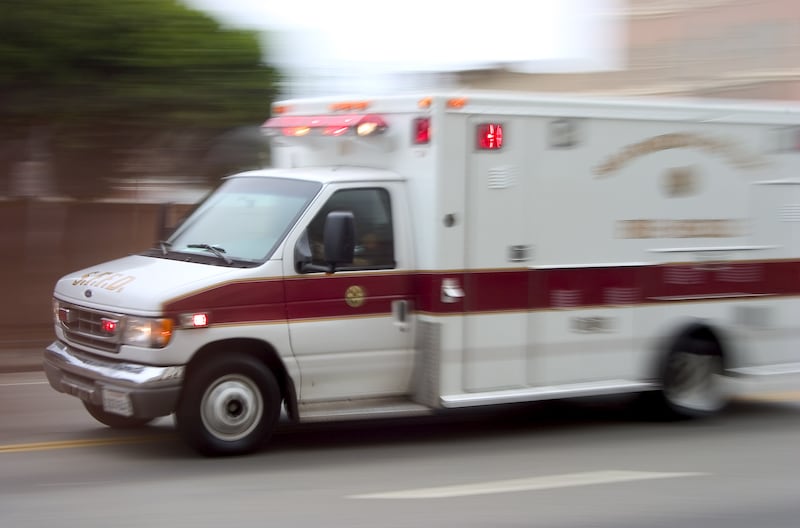The Legislature is currently considering HB170, entitled “911 Responsibilities in an Emergency.” This 911 bill is a narrow — but important — measure that strongly reinforces Utah’s values of responding to helpless persons urgently in need of assistance.
As the title of Rep. Brian King’s proposal makes clear, the bill simply lays out responsibilities in an emergency, requiring a simple call to 911. An “emergency” is narrowly defined as involving situations where someone observes either a “crime” or an “emergency” that has led to a “serious bodily injury” about which the observer has personal knowledge. The bill further explains that a “serious bodily injury” is one involving such things as “substantial risk of death, unconsciousness or extreme physical pain.” How many times in our lives will we encounter such a situation? Thankfully, the number of times will be quite rare.
So what does the bill require in such an infrequent situation? Not much. Just a call to 911, summoning any necessary medical or law enforcement response — and only if that 911 call can reasonably be made without placing “the individual taking the action, or another individual in danger.”
Who wouldn’t make such a call? Ninety-nine times out of a hundred, an individual will already place that call. Why, then, all the fuss?
The fuss, of course, is about the rare circumstance — the one out of a hundred — where no call is placed. The proposal makes clear our values — a decision not to place such a call is wrong, indeed so wrong that it deserves our condemnation in the criminal code.
Here is an example of this rare — but important — situation. This case happened in our neighboring state of Nevada. In Las Vegas in 1997, Jeremy Strohmeyer forced 7-year-old Sherrice Iverson into a bathroom stall. Strohmeyer locked the stall door and began struggling with Sherrice over the toilet. His friend, David Cash, walked into the adjacent stall, hoisted himself up and watched as Strohmeyer continued to muffle the girl’s screams. Then Cash left. Cash never intervened, never reported what he saw — and never called 911.
Strohmeyer killed Sherrice and was prosecuted for that crime. But what about Cash? He could not be charged with a crime, because he was not an “accomplice” and thus his inaction wasn’t considered illegal under Nevada law … at least at the time.
Nevada’s legislature quickly took steps to close this gap in its criminal code. Had Cash interceded, “Sherrice Iverson might be alive today,” former Nevada Assembly Speaker Richard Perkins later told the Las Vegas Review-Journal. In 1999, Nevada passed the “Sherrice Iverson bill,” requiring residents of Nevada to summon aid when someone was being attacked. A year later, a similar measure was passed in California.
Utah should now pass such a law, although one even narrower than that found in our nearby states of Nevada and California. Unlike the laws in Nevada and California, Utah’s 911 bill does not create any general duty to aid, but rather a simple obligation to call 911 when serious bodily injury is readily apparent and personally known to an observer.
Utah has recognized the principle underlying the bill in several laws already on the books. Utah criminal law currently contains general requirements to report child abuse and elder abuse. As with these existing Utah laws, the bill merely asks citizens to take a simple step — to call 911 when a person is clearly suffering serious bodily injury and needs immediate help. The bill recognizes the value of human life and deserves widespread support.

